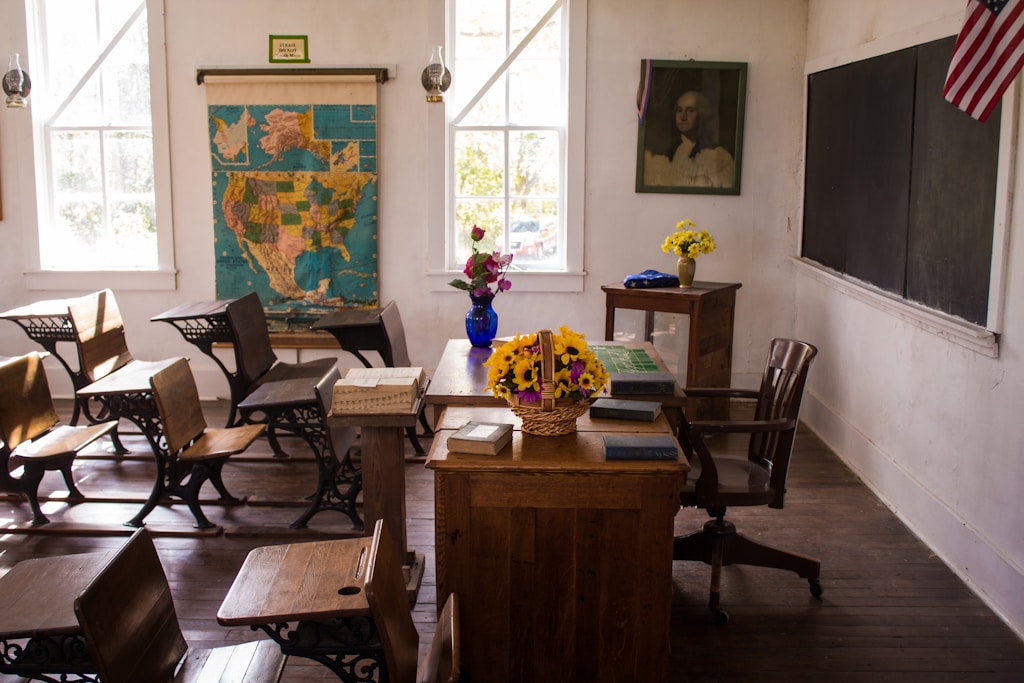
Reading to Unlearn and Reenvision History is Transformative and Overwhelming
More than a year ago, I started as a contributor at Book Riot — time flies! As a new contributor, I wrote an article about how some literature books are actually worth a reread, after graduating from school.
Reading a book for an assignment can sometimes overshadow that a book is actually worth the read; I still believe that there is some truth to this. At the same time, I feel the need to write about how lessons from textbooks are lacking too.
Over time, I started to understand that I had unlearning to do. The textbooks that I had to use for my classes mostly presented one side of history — and they didn’t really include diverse perspectives. This was despite the fact that the U.S. is a diverse country. For one, I didn’t learn much about U.S. Latinx history while in school.
It was only as an adult and by reading the book Separate is Never Equal: Sylvia Mendez and her Family’s Fight for Desegregation that I learned about how this family helped to end segregation in schools in California. And I learned about Ellen Ochoa, the first Latina woman in space, through writing an article on children’s books about Latina trailblazers for Book Riot. These are just a few examples.
So, I started looking for books to reeducate myself. As part of this process, I changed how I chose the books that I read. This meant focusing on the author as well. Being able to see the world differently is about the subject matter, yes — but it’s also about who’s telling the story.
As a result, I read a lot more nonfiction and fiction books by Latinx authors now. And I like it. It’s exciting. But at the same time, I feel overwhelmed sometimes when I read nonfiction books.
Why?
Well, I’ve been giving this a lot of thought. The conclusion that I’ve come to is that I’m overwhelmed by how much I don’t know; the fact that I have misconceptions about my own history, and that of Latinx history more broadly; and the idea that I maybe never be able to fully unlearn what I’ve already been taught.
This last concern is particularly hard to admit, because it affects how I think about myself. When I catch myself and see that I haven’t unlearned as much as I thought, I’m disappointed and I feel self-conscious. This is not the way I want to think. It’s especially uncomfortable when I realize my mistake after the fact, and I feel like it’s too late to correct where I went wrong.

I get a similar feeling when I forget to use gender-neutral pronouns in Spanish, which is something that I try to do all the time. But that’s a story for another time.
Still, books have been a great tool for me so far. They’ve helped me to learn and reenvision history. Two books that I’ve started reading recently, for example, are Caste: The Origins of Our Discontents by Isabel Wilkerson and An African American and Latinx History of the United States by Pau Ortiz. Both are really interesting so far, and I’m lucky that my family gifted me more books from the Revisioning History series, which the Paul Ortiz book is a part of.
Now I read more books that center the perspectives of people that are traditionally underrepresented and overlooked. This includes Latinx people, the group that I’m a part of. And I feel confident that books will continue to help me learn what I need to learn; my TBR list has many titles that I’m looking forward to reading.
But I do worry that no matter how much I read, that I’ll still come up short sometimes; that — despite the efforts of many — the current education system is failing today’s young people too.
The Guardian recently reported that there are parents in the U.S. that want to ban antiracist books in schools, for example. A bill proposed by Republican lawmakers in Tennessee (HB800), “would ban textbooks with LGBTQ content,” per WSMV. These books are needed.
I’m privileged because I can afford to buy books to continue to reeducate myself. This will undoubtedly be a life-long pursuit. I look forward to learning more, and feel good that I’m on this transformative journey. In my heart, I think that I’m doing the right thing.
But sometimes I do feel overwhelmed and frustrated. As I keep working to do better and be more informed, maybe it’s okay to admit that?











